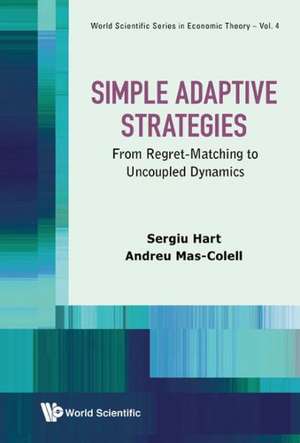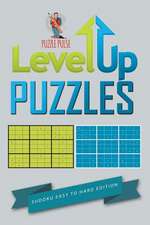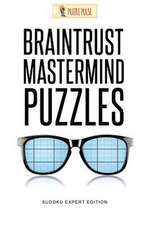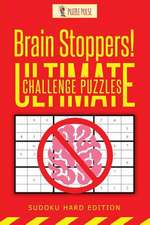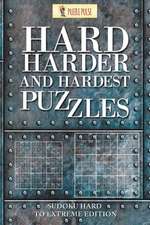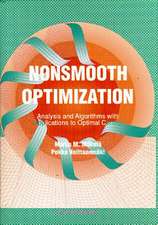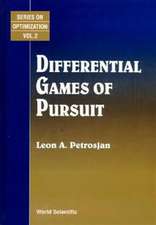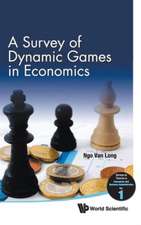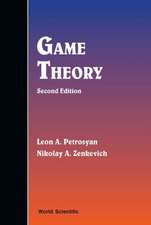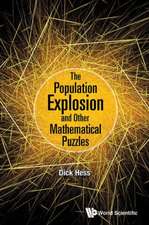Simple Adaptive Strategies: World Scientific Series in Economic Theory, cartea 04
Autor Sergiu Hart, Andreu Mas-Colellen Limba Engleză Hardback – 21 ian 2013
Preț: 703.90 lei
Preț vechi: 828.11 lei
-15% Nou
Puncte Express: 1056
Preț estimativ în valută:
134.71€ • 146.27$ • 113.15£
134.71€ • 146.27$ • 113.15£
Carte tipărită la comandă
Livrare economică 22 aprilie-06 mai
Preluare comenzi: 021 569.72.76
Specificații
ISBN-13: 9789814390699
ISBN-10: 9814390690
Pagini: 296
Dimensiuni: 155 x 231 x 25 mm
Greutate: 0.61 kg
Editura: World Scientific Publishing Company
Seria World Scientific Series in Economic Theory
Locul publicării:United States
ISBN-10: 9814390690
Pagini: 296
Dimensiuni: 155 x 231 x 25 mm
Greutate: 0.61 kg
Editura: World Scientific Publishing Company
Seria World Scientific Series in Economic Theory
Locul publicării:United States
Descriere
This volume collects almost two decades of joint work of Sergiu Hart and Andreu Mas-Colell on game dynamics and equilibria. The starting point was the introduction of the adaptive strategy called regret-matching, which on the one hand is simple and natural, and on the other is shown to lead to correlated equilibria. This initial finding boundedly rational behavior that yields fully rational outcomes in the long run generated a large body of work on the dynamics of simple adaptive strategies. In particular, a natural condition on dynamics was identified: uncoupledness, whereby decision-makers do not know each other's payoffs and utilities (so, while chosen actions may be observable, the motivations are not). This condition turns out to severely limit the equilibria that can be reached. Interestingly, there are connections to the behavioral and neurobiological sciences and also to computer science and engineering (e.g., via notions of "regret").
Simple Adaptive Strategies is self-contained and unified in its presentation. Together with the formal treatment of concepts, theorems, and proofs, significant space is devoted to informal explanations and illuminating examples. It may be used for advanced graduate courses in game theory, economics, mathematics, computer science, engineering and for further research.
